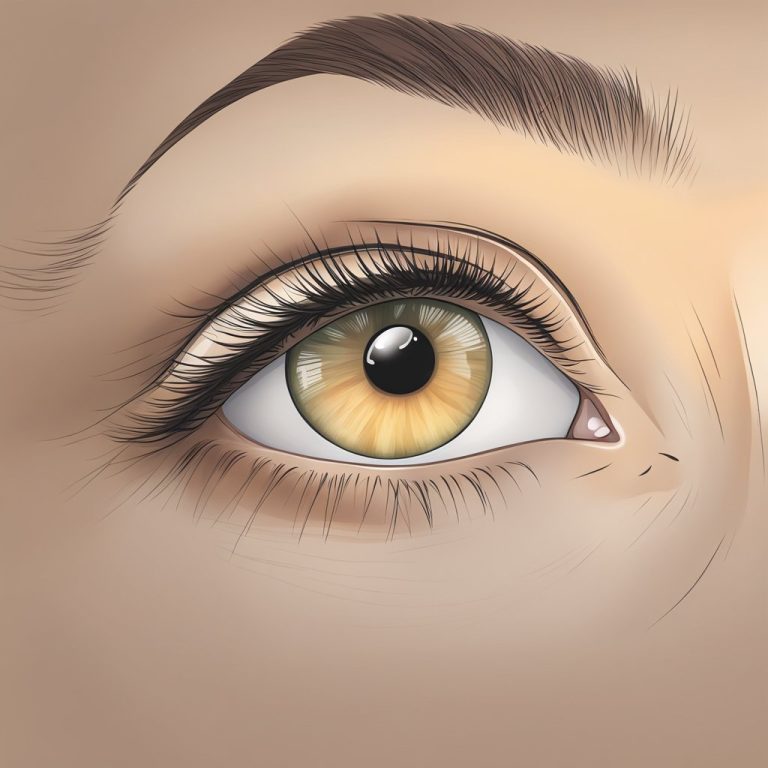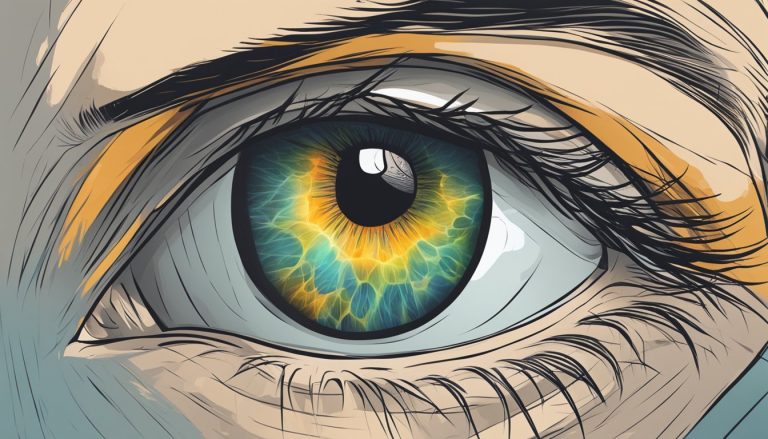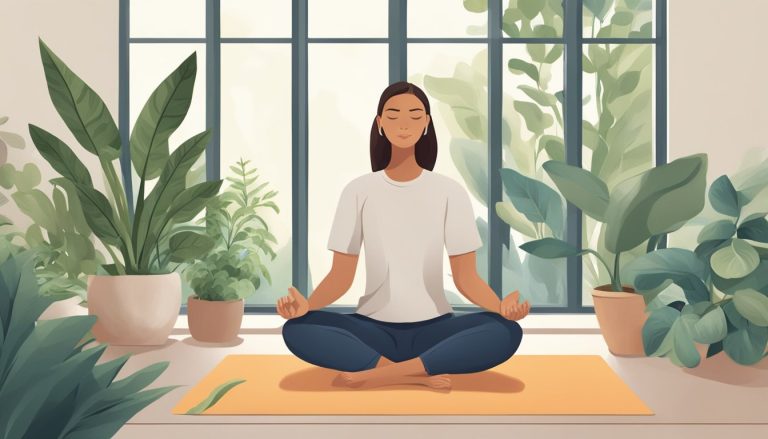Can you train your eyes to see better?
Can You Train Your Eyes to See Better: Enhancing Vision Through Exercises

Improving eyesight is a topic that has piqued the interest of many, leaving people to wonder if they can train their eyes to see better. The quest for improved vision without the aid of glasses or surgery has led many down the path of exploring exercises and natural remedies. It’s imperative to recognize, however, that while certain methods may offer benefits for eye health, they are unlikely to cure common refractive errors such as nearsightedness or farsightedness.
Maintaining optimal eye health involves a multifaceted approach including regular check-ups, protective measures, and lifestyle adjustments. Protecting your eyes from excessive strain, eating a diet rich in eye-friendly nutrients, and understanding the limitations of natural vision improvement techniques all play a part in the overall health of your eyes. As with any health-related endeavor, it’s essential to remain grounded in realistic expectations and evidence-based practices.
Key Takeaways
- Eyesight improvement methods garner interest, but managing expectations is crucial.
- A comprehensive approach to eye health can contribute to better vision.
- Evidence-based practices should guide efforts to maintain and improve eye health.
Understanding Vision and Eye Health
To maintain and improve your vision, you should grasp how your eyes function and the importance of eye health. This includes knowing how the eyes and brain work together, recognizing common vision issues, and understanding the role of regular eye exams.
Biological Aspects of Vision
Your eyesight stems from a complex interaction between light, eye structures, and the brain. When light enters your eye, it’s focused by the lens onto the retina. Here, light-sensitive cells send signals to your brain, which interprets them as images. Eye muscles play a crucial role in adjusting the focus of the lens and in eye tracking—the ability to follow moving objects. Proper eye coordination ensures that both eyes work in a synchronized manner, which is vital for depth perception.
Common Vision Disorders
Vision disorders can disrupt the way your eyes process visual information. Common issues include nearsightedness, farsightedness, and astigmatism, which are caused by irregularities in the eye’s ability to focus light. Conditions like eye strain, often a result of prolonged screen time, can also impair your visual experience by causing fatigue, headaches, and blurred vision. Regular breaks and eye exercises can help manage strain.
Importance of Regular Eye Examinations
Annual eye examinations are critical to catching diseases such as glaucoma or age-related macular degeneration early on. These exams can also identify changes in your vision, allowing for timely adjustments in eyewear. Remember, symptoms such as difficulty focusing, persistent eye strain, or headaches should prompt a visit to your eye doctor. Early detection can lead to interventions that may preserve or improve your eyesight.
Improving and Maintaining Eye Health
Your eyesight is integral to your quality of life, and taking proactive steps can help maintain and potentially improve your vision. Whether through regular exercises or lifestyle adjustments, you have the power to make a positive impact on your eye health.
Eye Exercises and Vision Therapy
Eye exercises may strengthen your eyes and improve certain types of visual conditions. For example, vision therapy, which is like physical therapy for the eyes and brain, can help with conditions such as strabismus (crossed eyes) and amblyopia (lazy eye). Techniques like palming, where you warm your eyes with your palms, or the Bates method, which includes relaxation exercises, may help with eye strain. However, it’s important to note that these methods cannot correct refractive errors such as nearsightedness, farsightedness, or astigmatism.
Lifestyle Choices Affecting Vision
Your daily choices can significantly affect your eye health. A healthy diet rich in vitamins and antioxidants, like those found in carrots and leafy greens, contributes to retinal health. Remember that smoking can lead to problems like macular degeneration and cataracts. Protecting your eyes with sunglasses that block UV rays and employing the 20-20-20 rule (every 20 minutes, look at something 20 feet away for 20 seconds) can help mitigate eyestrain. Keep in mind that exercising contributes to overall health, which can indirectly benefit your eyesight.
When to Consult Healthcare Professionals
If you’re experiencing vision problems, such as blurry vision, double vision, or your eyes’ focusing system is not as sharp as it used to be, it’s imperative to consult an eye care professional. Routine checkups can detect age-related conditions like presbyopia or more serious issues such as glaucoma. Corrective lenses, in the form of glasses or contact lenses, are often prescribed to correct vision. If necessary, an ophthalmologist may discuss surgical options to address certain refractive errors. Early detection and treatment from professionals trained by the American Academy of Ophthalmology can preserve—and in some cases, enhance—vision and eye health.
Frequently Asked Questions
In this section, we address common inquiries on whether certain actions can influence eyesight improvement.
What dietary changes can improve eyesight?
Incorporating foods high in vitamins A, C, and E and minerals like zinc can contribute to the health of your retina and overall vision. Omega-3 fatty acids found in fish also play a crucial role in maintaining eye health.
Are there proven exercise techniques to enhance vision?
While eye exercises may assist in alleviating eye strain, particularly from digital screens, they have not been conclusively proven to permanently enhance vision or reverse eye conditions like myopia or hyperopia.
Is it possible to improve vision to 20/20 with a simple trick?
There is no scientific evidence to support the claim that one can achieve 20/20 vision simply through tricks or shortcuts. Prescription lenses or surgical options are typically necessary to correct vision to 20/20.
Can vision be improved within a week through specific methods?
Significant and lasting improvement in vision generally requires more time than a week and may involve a combination of methods such as consistent eye care routines, proper nutrition, or prescribed eye treatments.
Are eye exercises effective in reducing the need for glasses?
Despite anecdotal reports, eye exercises are not scientifically proven to reduce or eliminate the need for corrective lenses in cases of refractive errors like nearsightedness or farsightedness.
Can eyesight improve naturally over time without surgical procedures?
While minor fluctuations in vision clarity can occur naturally, significant natural improvements without intervention are rare. Regular eye check-ups are essential to monitor and manage your eye health effectively.






